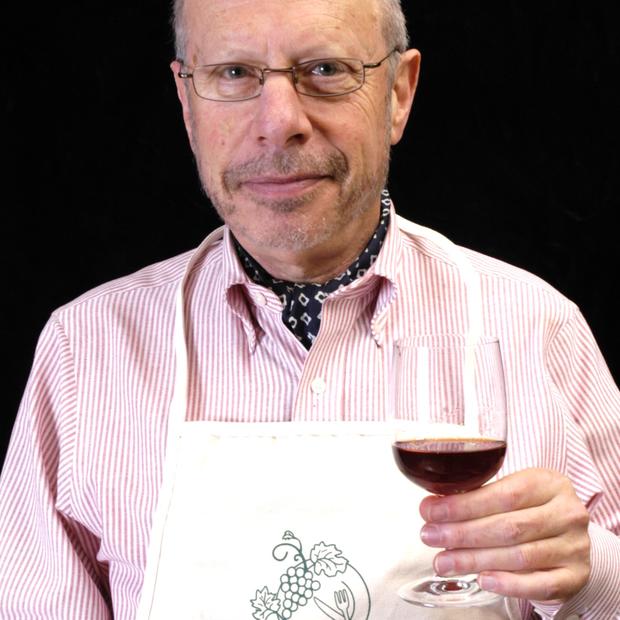Among Seattle's quirky notes of here-and-only-here culinary expertise (shade-grown coffee, artisanal breweries, craft cocktails, Copper River salmon, and so on), one could argue that none is more local than the humble oyster.
Puget Sound is home to some of the world's best oyster beds, thanks to cold, clean water and nutrient-rich runoff from the Cascades and the Olympics.
Ya got your Kumamotos, your Pacifics, your Olympias, your Virginicas. Yup, Virginicas — "east coast" oysters whose seed was brought to Washington by transcontinental train nearly a century ago, and grown on the banks of Totten Inlet.
And, get this: In a blind tasting four years ago, sponsored by the East Coast Shellfish Growers Association, those "west coast" Virginicas were judged number one. "Stunning," said Rowan Jacobsen, author of The Geography of Oysters. Local grower Bill Taylor, president of Taylor Shellfish Farms, was humble, saying it's, "A thrill to have our oysters appreciated by such an esteemed panel."
Now I ask you, isn't the platter in the photo something to behold? A thing of beauty. Two dozen Virginicas, a baker's dozen Olympias. Fresh off the beach at Totten Inlet, perfectly shucked and served up at the Taylor Shellfish retail outlet in the Melrose Market on Capitol Hill. Unshucked, the Virginicas are $13 a dozen, the Olympias $12. They hit you up for $5 to shuck the first dozen, $2 a dozen after that. By my math, that platter runs $47. It fed four of us quite regally.
Taylor Melrose, as the farm calls their storefront operation, is far from the only spot in town to serve oysters on the half shell. Elliott's Oyster House, for example, sponsors the annual Oyster New Year (coming up in early November). Shuckers in the Fairmont Hotel is right downtown, while Renee Erickson's Walrus and Carpenter in Ballard is an out-of-the-way temple. F.X. McRory's in Pioneer Square also has an elaborate, stand-up oyster bar.
But oysters are all about freshness, and that's where Taylor — already the leading shellfish supplier to the local restaurant trade — excels. Taylor Melrose, after all, is the company store and the showcase for its oysters, mussels, clams and crab. It's a retail outlet that will pack up whatever you want to take home, and it's a tasting bar as well. There are terrific oyster bars all over Europe of course, most of them sit-down affairs (like Seattle's top oyster restaurants) but few of them have tasting counters — bancs de degustation — outside of big cities.
Taylor also has the luxury of hiring the top talent in the industry. David Leck, the reigning king of shuckers (he won the national speed-shucking championship in Boston this year) calls Taylor Melrose home. When he's not on duty, the store's manager, Kevin Bartlett, or the assistant manager, Tom Stocks, are almost as fast and every bit as skilled. In Marco Pinchot, they have an environmental activist with a graduate degree in biology.
Why do we so revere the oyster? Probably because it represents a mythical connection between man and nature.This observation was spoken (in the course of a wine-and-oyster seminar this summer) by oyster farmer Lissa James, who (with her brother, Adam), runs Hama Hama Oysters. It provided a philosophical, mystical underpinning to the whole enterprise. James wrote about her experience as an oyster farmer on Crosscut earlier this year.
Said James: "Even a farmed oyster is other-worldly."



